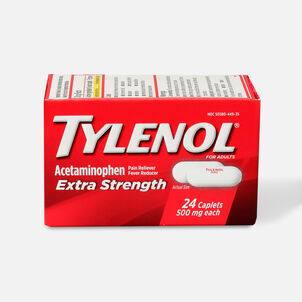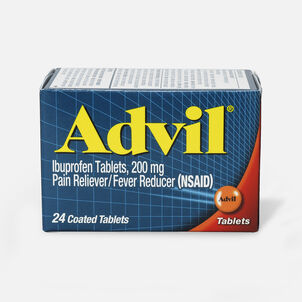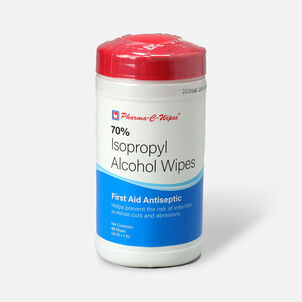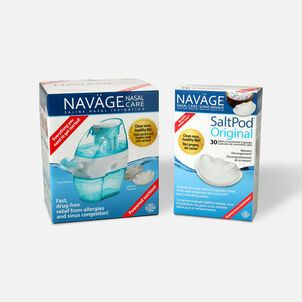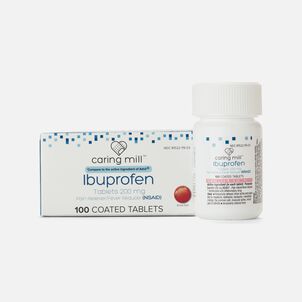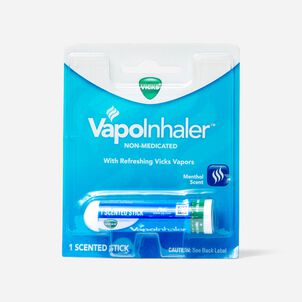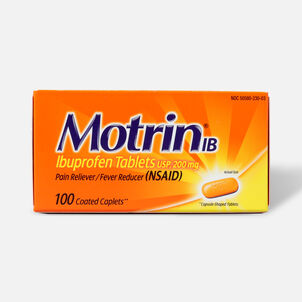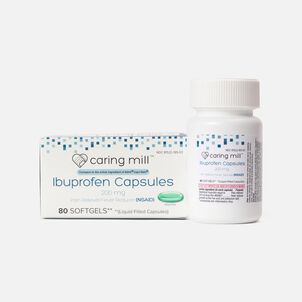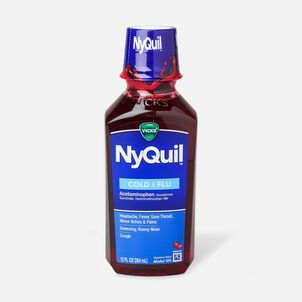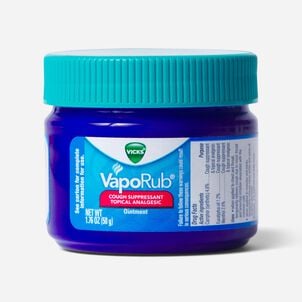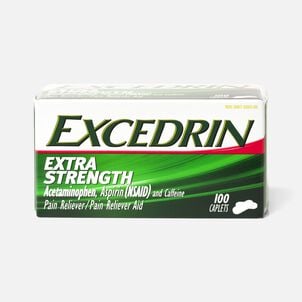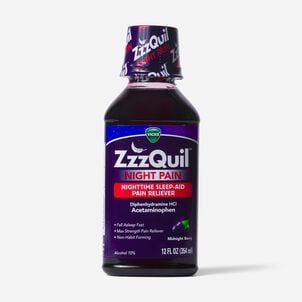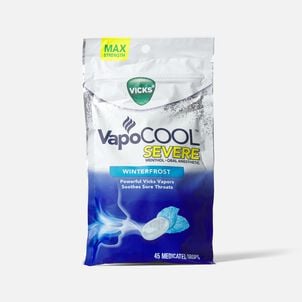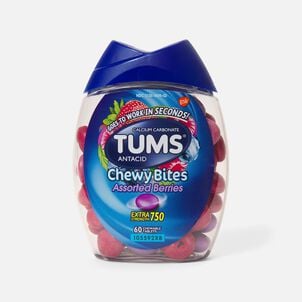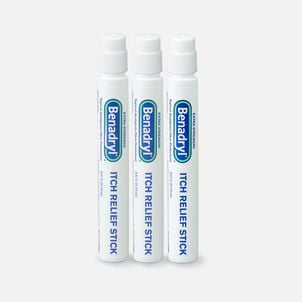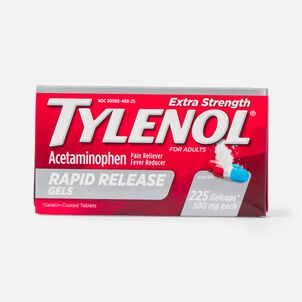At the beginning of the coronavirus (COVID-19) pandemic, the United States struggled to keep up with testing demand. Although some places have made improvements, many folks are looking for more convenient COVID-19 testing options. With the winter quickly approaching and some places already seeing an uptick in new infections, you may be seeking alternatives to visiting your local clinic or doctor's office for a test. Here's everything to know about at-home COVID-19 tests and how to decide if it's the right option for you.
What are the symptoms of coronavirus?
Prevention is one of the key elements of slowing the spread of COVID-19. This begins by knowing which COVID-19 symptoms to look for, when you should get tested, and which symptoms may be life-threatening.
According to the Centers for Disease Control and Prevention (CDC), people with COVID-19 may experience any of the following symptoms, which may range from mild to severe. Typically, these symptoms will appear 2-14 days after you have been exposed to the virus:
- Congestion or runny nose
- Cough
- Diarrhea
- Fatigue
- Fever or chills
- Headache
- Muscle or body aches
- Nausea or vomiting
- New loss of taste or smell
- Shortness of breath or difficulty breathing
- Sore throat
If you experience any of the COVID-19 symptoms below, the CDC recommends getting immediate emergency medical care by calling 911 or calling ahead to the closest emergency medical facility. These symptoms may be life-threatening.
- Bluish lips or face
- Inability to wake or stay away
- New confusion
- Persistent pain or pressure in chest
- Trouble breathing
Should I get tested for COVID-19?
Not everyone needs to get a COVID-19 test. The Centers for Disease Control (CDC) says you should consider getting tested if you have symptoms or have been in close contact with someone who tested positive. You should also get tested if your healthcare provider recommends it or you have been referred by your local or state health department.
Are at-home COVID-19 tests available?
If you're experiencing any of the symptoms above, you may be nervous about getting tested in public and exposing others to the disease. One alternative to in-person testing is conducting a COVID-19 test from the comfort of your home. The Food and Drug Administration (FDA) authorized the first at-home COVID-19 test in April 2020. Since then, the agency has authorized several other at-home test providers.
Most companies require that you take an online self-assessment before you can order an at-home COVID-19 test. The kit includes either a nasal swab or saliva test, along with the instructions for collecting a sample. Once the company receives your sample, you should have a positive, negative, or inconclusive result. If you don't receive a positive or negative result, some companies will allow you to retest for COVID-19 for free. You may also receive additional guidance if you receive a positive result.
Are at-home COVID-19 tests accurate?
During a public health crisis, the Food and Drug Administration (FDA) may allow some unapproved medical products or using unapproved products to diagnose, prevent, or treat life-threatening diseases like COVID-19, particularly when there is no alternative available.
The companies above have FDA Emergency Use Authorization (EUA), which isn't the same thing as FDA cleared or approved. This means these at-home COVID-19 tests are only temporarily authorized during the coronavirus pandemic and haven't gone through the same scrutiny as an FDA-approved or cleared product. Also, the FDA warns that some laboratory-developed tests may have issues.
There are FDA standards for EUA, though. In fact, test accuracy is part of the EUA application. You can read more about the EUA product guidelines here. Several at-home COVID-19 test companies above have self-reported high percentages of COVID-19 test accuracy. For example, Vault claims to receive a positive or negative result 98% of the time. Phosphorus also says they have high levels of sensitivity (97.1%) and specificity (98.2%).
Does my health insurance cover COVID-19 testing?
In response to the coronavirus pandemic, Congress passed the Families First Coronavirus Response Act (FFCRA) on March 18, 2020. This law includes a provision to make COVID-19 testing more affordable through your health insurance plan. The law says all public and private health insurance plans must cover FDA-approved COVID-19 testing. These health insurance plans aren't allowed to charge you any type of cost-sharing—including deductibles, copayments, or coinsurance—until the public health emergency is over. This includes high-deductible health insurance plans but doesn't apply to short-term health plans.
Does my health insurance cover at-home COVID-19 testing?
The Centers for Medicare and Medicaid Services (CMS) released a series of FAQs about the Families First Coronavirus Response Act. CMS says health insurance plans may cover at-home testing if your medical provider says the test is "medically appropriate" and orders the test on your behalf. If your doctor follows these guidelines, your insurance company shouldn't charge any cost-sharing for at-home COVID-19 tests.
However, some at-home COVID-19 testing companies require upfront payment and will encourage you to ask for reimbursement from your insurance company. Pixel by Labcorp currently offers the most flexible payment options for both insured and uninsured customers. The company may file a claim with your insurance, cover the cost with a federal grant, or allow you to pay out-of-pocket with a credit card. Phosphorus may also be a good option for those without insurance, as the company may offer financial assistance to those who can't afford a test.
If your health insurance company won't cover the cost of an at-home COVID-19 testing kit, you may have another option: using money from your health savings account (HSA) or flexible spending account (FSA). Both accounts may allow you to save money by using pre-tax dollars to pay for an otherwise costly at-home COVID-19 testing kit. This may also be a great option for those who are traveling this holiday season and need to quickly test themselves and their loved ones to ensure that any gatherings are safe. FSAstore.com has begun stocking at-home COVID-19 tests.
Before buying an at-home test, though, check with your HSA or FSA provider for reimbursement policy details. You should also save a copy of your itemized at-home test receipt with your paperwork for tax time next April.
The bottom line
If getting an in-person COVID-19 test isn't an option or you prefer to stay in quarantine, an at-home test may be worth considering.
While there isn't a guarantee your insurance will cover the test, the Families First Coronavirus Response Act (FFCRA) says your insurance must pay if you meet certain criteria. It may be more likely if you have symptoms, your doctor says the test is necessary and orders one for you.
If your insurance company won't foot the bill, you may see if you can get reimbursed through your health savings account or flexible spending account. While the tax savings won't offset the cost of the test, you may buy it with pre-tax money, which offers a discount.
-
Thanks for visiting the FSA Learning Center! To stay on top of all FSA news that can affect your health and financial wellness, be sure to follow us on Facebook and Twitter.
Kate Dore
Kate Dore is a Nashville-based personal finance writer and Candidate for Certified Financial Planner™ Certification. She teaches financial literacy with Junior Achievement and writes for Lifehacker, Business Insider, Investopedia, and Credit Karma. You can follow her on Twitter at @KateDore.


